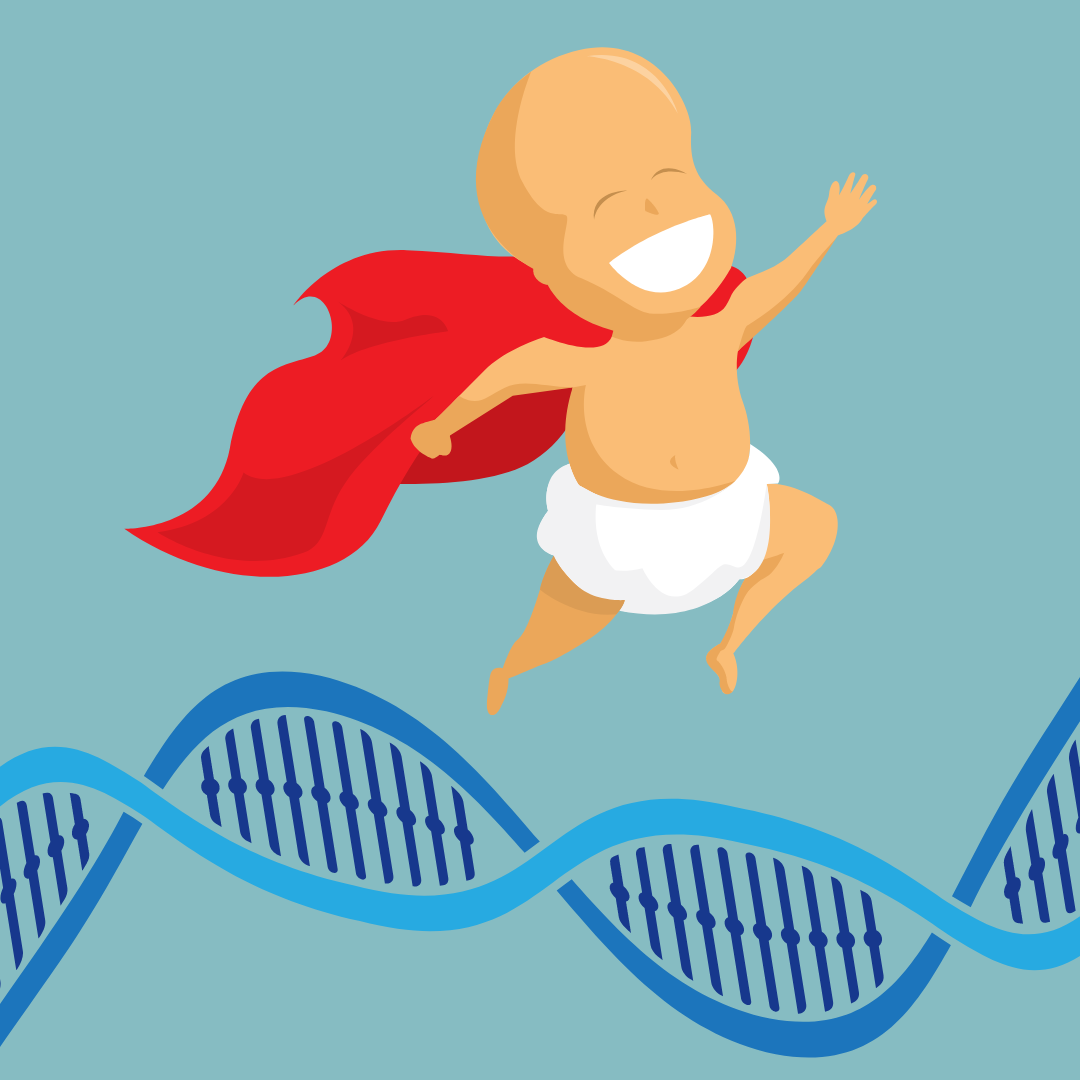Designer Babies Are Teenagers Now—and Some of Them Need Therapy Because of It
By Emi Nietfeld,
Wired
| 12. 11. 2024
FOR YEARS NOW, aspiring parents have been designing their children. Screening embryos for disease-causing genes during IVF, selecting their future baby’s sex, picking egg and sperm donors to influence their child’s traits. Today, a lot of those “designer babies” are full-on kids or teenagers. And some families are discovering that, as hard as you try, things don’t always work out as planned: The kids feel like walking science experiments; the parents are disappointed in how their progeny turned out. Fertility businesses are selling a better chance of domestic bliss, and these families feel cheated. Now controversial new technologies promise parents even more control over their embryos. One US startup, called Orchid, claims its genetic screening can calculate a baby’s risk of autism, bipolar disorder, and hundreds of other health conditions. Another startup wants to help parents pick embryos with the highest predicted IQ. So WIRED spoke to a psychologist based on the West Coast who is already dealing with the fallout.
I WORKED AT an adolescent treatment center. I kept coming across teens who were in distress about the way they...
Related Articles
By Katherine Long, Ben Foldy, and Lingling Wei, The Wall Street Journal | 12.13.2025
Inside a closed Los Angeles courtroom, something wasn’t right.
Clerks working for family court Judge Amy Pellman were reviewing routine surrogacy petitions when they spotted an unusual pattern: the same name, again and again.
A Chinese billionaire was seeking parental...
By Sarah A. Topol, The New York Times Magazine | 12.14.2025
The women in House 3 rarely had a chance to speak to the women in House 5, but when they did, the things they heard scared them. They didn’t actually know where House 5 was, only that it was huge...
By Sarah Kliff, The New York Times | 12.10.2025
Micah Nerio had known since his early 30s that he wanted to be a father, even if he did not have a partner. He spent a decade saving up to pursue surrogacy, an expensive process where he would create embryos...
By Carter Sherman, The Guardian | 12.08.2025
A huge defense policy bill, revealed by US lawmakers on Sunday, does not include a provision that would have provided broad healthcare coverage for in vitro fertilization (IVF) for active-duty members of the military, despite Donald Trump’s pledge...




